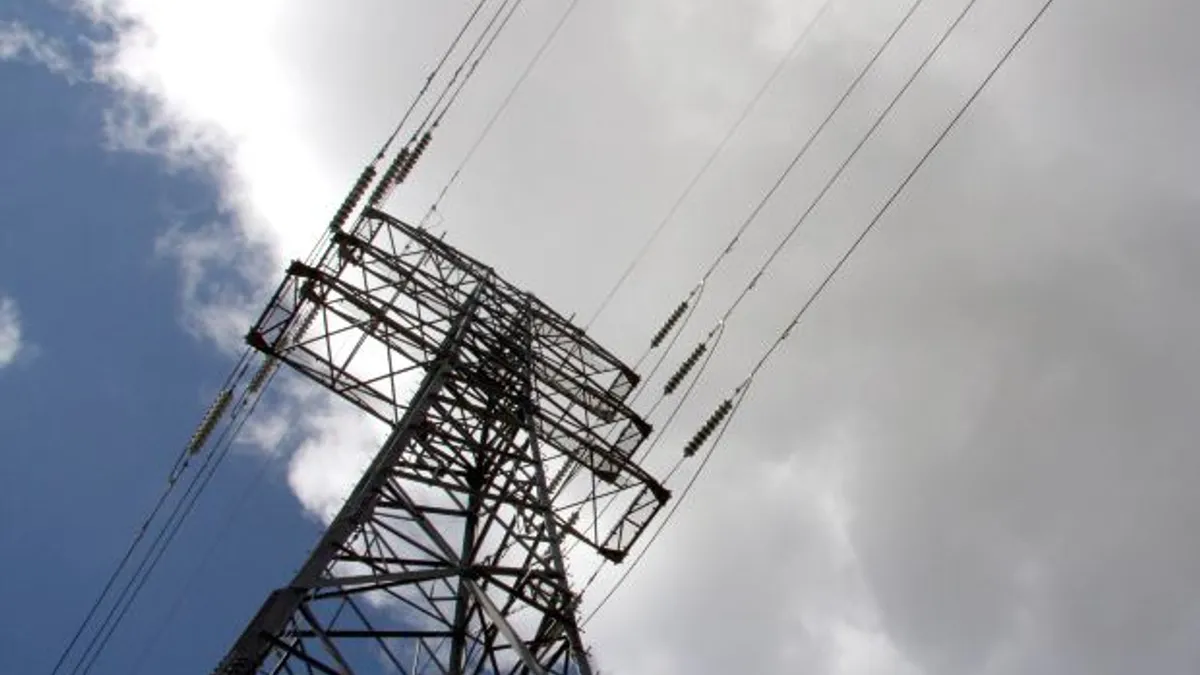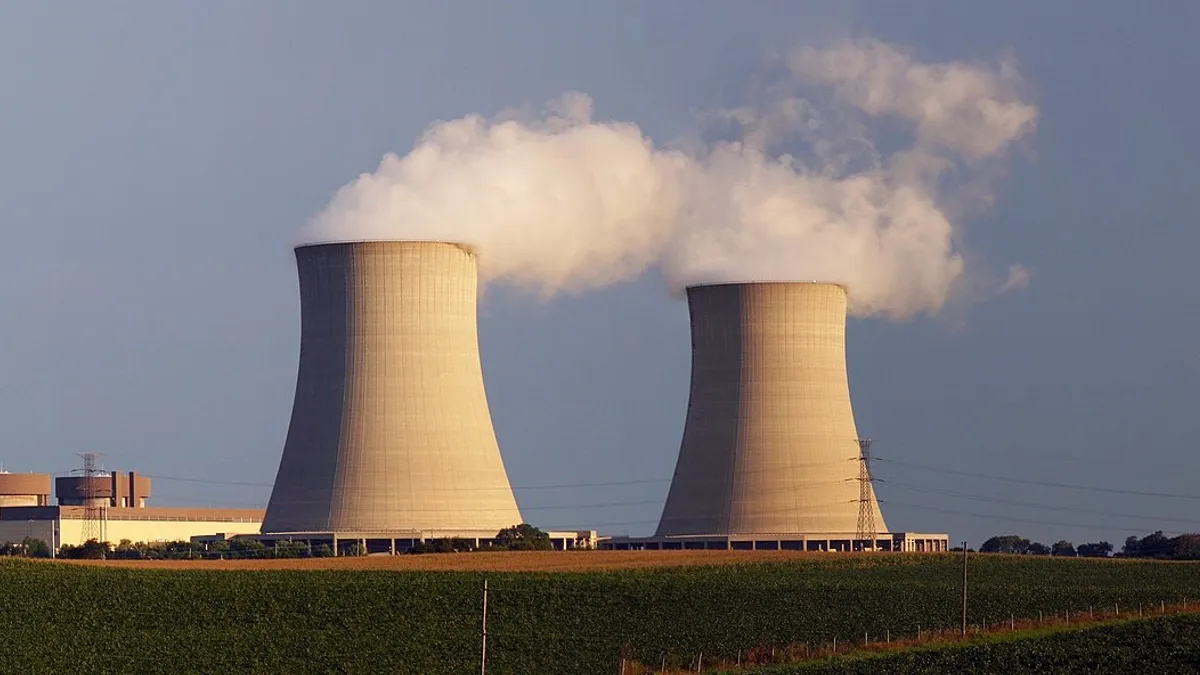Dive Brief:
- U.S. Senator Martin Heinrich (D-N.M.) has introduced legislation to broaden FERC authority, allowing the federal agency to rule on some transmission line proposals when state authorities deny or delay them.
- Heinrich said the bill aims to enable a cleaner energy future, because modern transmission infrastructure will be required to integrate emissions-free generation sources.
- As customers generate more and more of their own power, Heinrich said the electric industry has a responsibility to provide advanced technologies and security.
Dive Insight:
Looking to ease the siting of essential transmission infrastructure, Heinrich's bill, S. 1017, would amend the Federal Power Act to explicitly give FERC authority to approve new projects when local or state processes have failed.
"There should be no doubt that realizing our nation's clean energy potential will only be possible when we have the transmission capacity in place to deliver that power to market," Heinrich said in a statement. "Our system of power transmission and federal regulation were designed for an era that no longer exists."
Heinrich, a member of the Senate Committee on Energy and Natural Resources, said that era was one where energy flowed from a central generator in one direction.
"Now, customers are generators and the industry has new responsibilities to provide advanced technologies and improve security," Heinrich said. "This bill will ensure that the regulatory structure is in place to modernize our nation's electric grid, create new jobs, and harness our innovative clean energy potential in America."
Thousands of miles of new transmission are expected to service new generation expansions required by the Obama administration's proposed Clean Power Plan, a NERC report released this week finds. The study estimates that 96.6 GW of natural gas generation and 22.7 GW of wind will be needed by 2030 to comply with the regulations as they are proposed.
E&E Publishing points out that a similar bill was drafted in 2011 and that FERC previously had the authority Heinrich's bill seeks to give it, but that was taken away by the courts.















